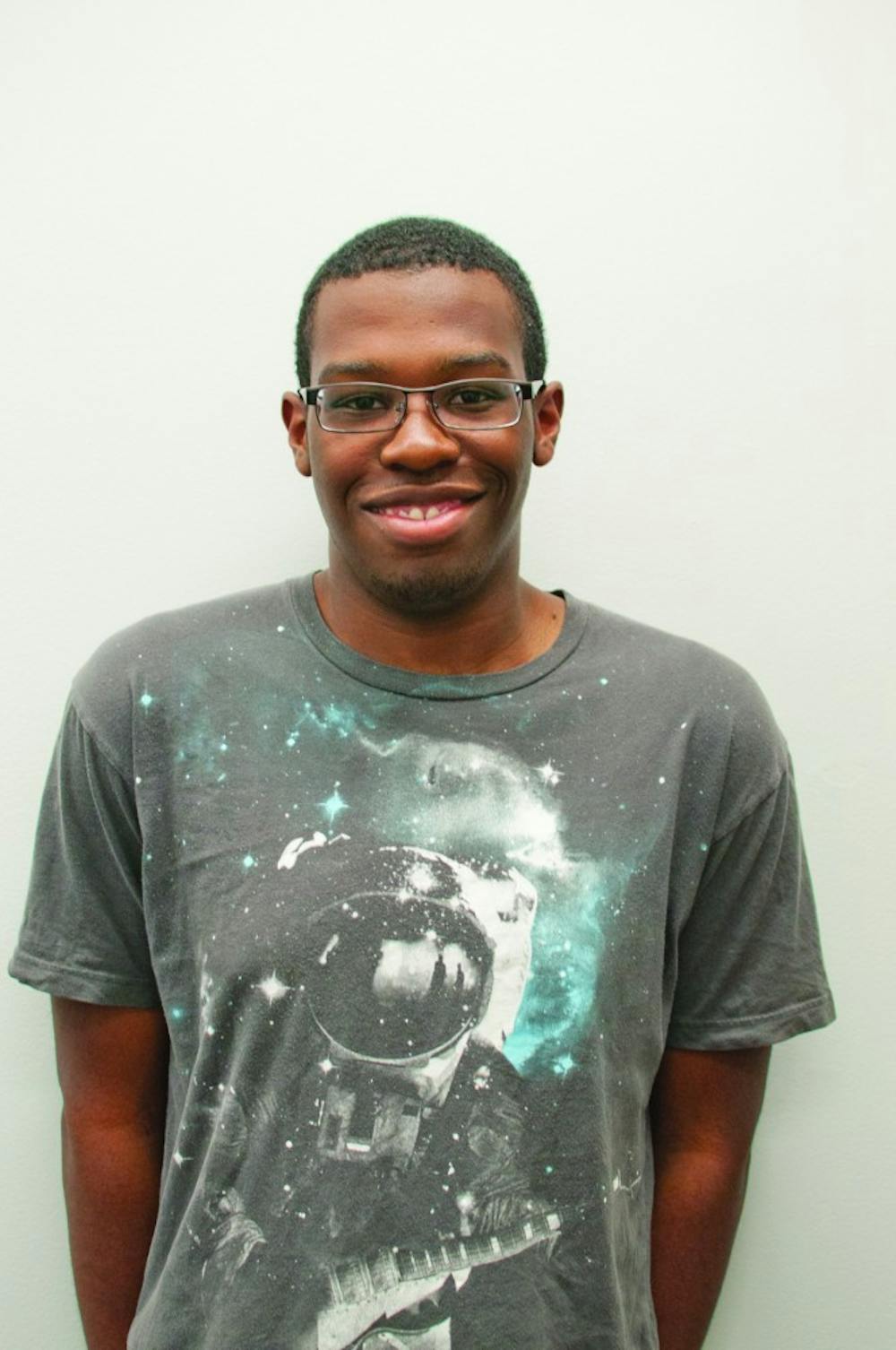Unfair blame after terrorist attacks breeds mistrust within community
On Sunday, New York Rep. Peter King went on Meet the Press and discussed the Muslim community in America with the U.S.’s first Muslim congressman, Rep. Keith Ellison of Minnesota. King claimed that even though the Muslim community has some great people, the threat of terrorism still stems from within its ranks. This is plain stereotyping. King is playing on the worst fears of many Americans, but this is not the reality of the situation. While there have been several high profile attacks by Muslim extremists, they are not the only ones who perpetrate terrorist attacks.
In the past year, we had two incidents that can be considered terrorism in the broad sense that they incited terror in ordinary situations. Both James Holmes and Ryan Lanza committed mass atrocities, but there has been no rush to condemn a whole community in either of those cases. There have been many domestic terror attacks carried out by rogue sections of various religions, such as The Army of God, a Christian extremist organization that bombed abortion clinics, a gay nightclub and the 1996 Olympics in Atlanta. But these groups were, correctly, seen as outliers and anomalies, not representations of an entire religion. Too often our biases make jihadi organizations seem like the face of Islam, not an aberration.
In fact, in King’s own home state of New York the NYPD is conducting possibly illegal surveillance on the city’s Muslim community. The spying yielded no leads and no cases and damaged the relationship with the Muslim community, as well as the city. That was an exercise in blanket profiling and was ultimately unfruitful.
The vast majority of American Muslims are peaceful. To subject the entire community to unnecessary surveillance is wrong and it inches close to the same xenophobia that caused the internment camps for the Japanese during World War II. The rationale is the same: They’re not all bad but we should keep an eye on them just in case.
Our country is becoming more and more polarized. Unfairly objectifying the Muslim community in America just adds to that polarization and breeds mistrust within the community. There are Muslim extremists who want to perpetrate attacks against the U.S. but they are so few that surveillance of the entire Muslim community would not likely find them. What happened in Boston was a horrible tragedy and those behind it are being held responsible. There has also been no established connection between the suspected perpetrators of the Boston Marathon bombings and any other terror network. To broadly stereotype an entire community would be another tragedy. Though on a much smaller scale, it’s still one we can prevent.

